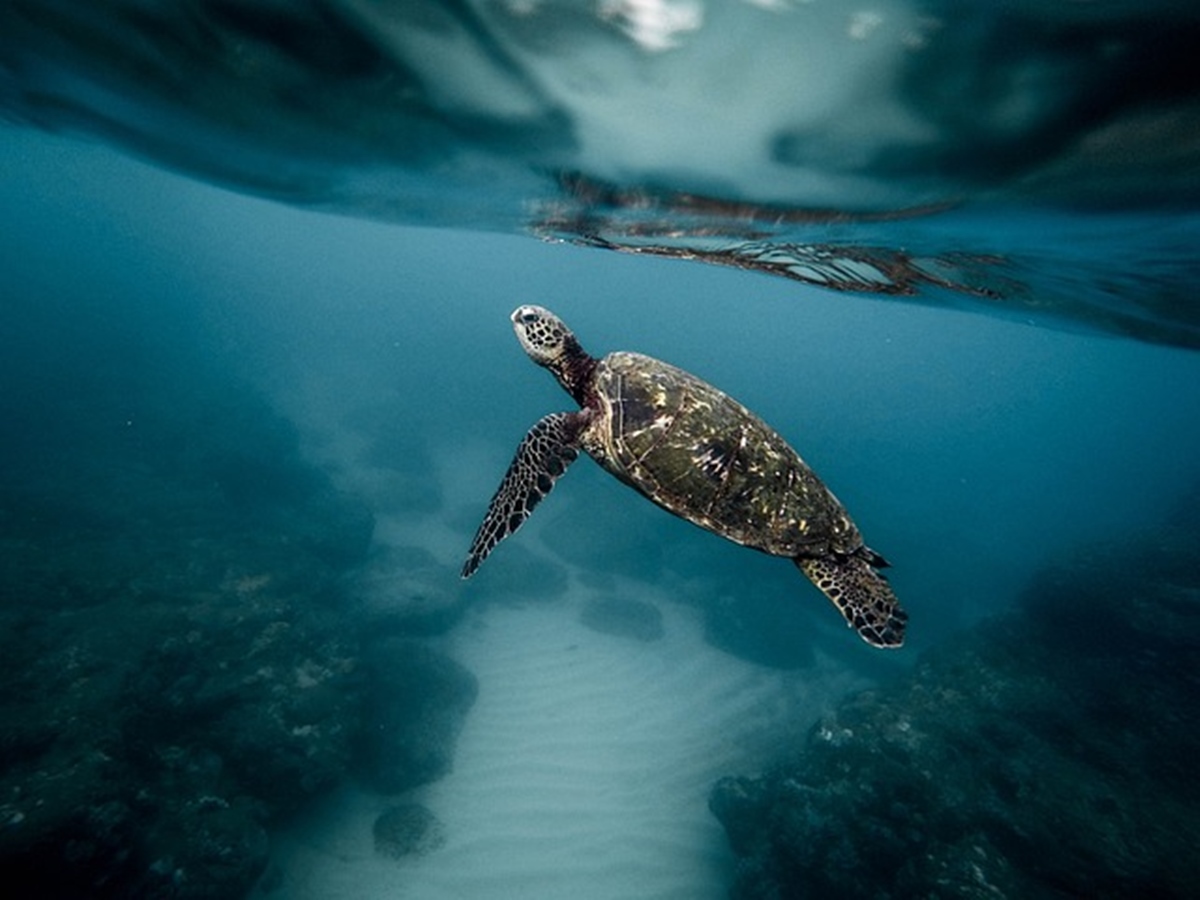This site contains advertisements
Would you like to buy goggles?
Scuba diving is a fantastic adventure that allows individuals to explore the captivating world beneath the ocean’s surface. Among the myriad marine life encounters, witnessing sea turtles is particularly awe-inspiring, creating special moments for divers. However, beyond mere observation, understanding sea turtles is crucial for marine conservation and practicing sustainable diving. This article delves into the realm of scuba diving, focusing on sea turtles and exploring various facets, from their ecology to protection.
1. Ecology and Importance of Sea Turtle Conservation
Understanding sea turtles through scuba diving starts with grasping their ecology and the significance of conservation. Sea turtles play a pivotal role in marine ecosystems, contributing to their balance.
Consider their contribution to ecosystems: Sea turtles, as essential consumers of sea grass, help maintain the equilibrium of the seafloor ecosystem. A reduction in their numbers could lead to an overgrowth of sea grass, affecting other marine life. Furthermore, sea turtles dominate specific ecosystems in the ocean, influencing the entire ecosystem through interactions with other organisms.
Considering the current threat of extinction is also crucial. Sea turtles face the risk of extinction due to human activities, environmental changes, and factors like intrusion into nesting sites, bycatch in fisheries, and plastic pollution. Learning about these issues through scuba diving helps individuals comprehend the urgency of protection efforts.
2. Interaction Between Sea Turtles and Divers
Moving on to the interaction between sea turtles and divers, these poignant moments require careful consideration. Sea turtles are prone to stress, especially in their breeding and feeding areas, and divers understanding this can adopt more responsible approaches.
Avoiding stress for sea turtles begins with recognizing the importance of a quiet environment when they return to nesting sites. Divers should be mindful not to unnecessarily approach sea turtles, minimizing noise and avoiding excessive contact. Additionally, in some regions, legal regulations strictly control diver interactions, especially in protected nesting sites. Understanding and adhering to these regulations are essential.
Legal regulations governing the interaction between sea turtles and divers should also be taken into account. Divers need to comply with these laws, exhibiting a considerate attitude toward the protected sea turtles. Learning about these regulations and points of consideration through scuba diving contributes to minimizing the impact of divers on marine environments, promoting sustainable diving practices.
3. Sea Turtle Species and Observation Techniques
Sea turtles come in various species, each with unique ecology and characteristics. Observing these different types through scuba diving provides a valuable experience in marine biology.
Understanding this diversity aids in comprehending the environment in which sea turtles live and the food chains they are part of. For instance, Chelonia mydas, or the green sea turtle, often inhabits caves, while the loggerhead sea turtle, Caretta caretta, is known for consuming seaweed. Grasping these differences provides insights into their habitats and interactions with other species.
Improving observation techniques is another crucial aspect of scuba diving. Sea turtles require careful and respectful approaches, and enhancing observation skills contributes to a deeper connection with these majestic creatures, enriching the overall experience of diving.
4. Collaboration with Sea Turtle Conservation Organizations
Deepening knowledge about sea turtles opens the door to collaboration with conservation organizations, actively participating in marine conservation activities.
Sharing information is the first step in collaboration. By following sea turtle conservation organizations on their websites and social media, individuals can stay updated on the latest research and protection projects. Sharing this information creates awareness in society.
Participating in volunteer opportunities is another facet of collaboration. Organizations dedicated to sea turtle conservation often provide chances for individuals to volunteer in activities like beach cleanups and protection efforts. Engaging in such activities directly contributes to the improvement of marine environments and fosters active involvement in conservation efforts.
5. Practicing Sustainable Diving
Finally, applying knowledge about sea turtles to practice sustainable diving is crucial. Adopting an eco-friendly attitude and adhering to proper codes of conduct helps minimize the impact on marine environments.
An eco-friendly attitude involves actions such as bringing back litter and reducing one’s ecological footprint. Using environmentally friendly sunscreen is also essential, showcasing a commitment to a responsible attitude. These practices not only contribute to the enjoyment of diving but also demonstrate respect for the marine environment.
Adhering to appropriate codes of conduct is another aspect of sustainable diving. Approaching sea turtles cautiously, particularly in their habitats, and following regulations are essential responsibilities for divers. This minimizes the impact on marine environments while allowing for the enjoyment of interactions with sea turtles.
Conclusion
Scuba diving offers more than just adventure—it provides a gateway to understanding the depths of the ocean and its inhabitants. Focusing on sea turtles, whether exploring their ecology, navigating interactions with divers, studying different species, collaborating with conservation organizations, or practicing sustainable diving, enhances our appreciation for the underwater world. By deepening our understanding of sea turtles through scuba diving, we become stewards of the sea, actively contributing to its preservation for future generations. Scuba diving empowers us to explore the profound beauty of the ocean and, in return, inspires us to protect and share its wonders.



コメント